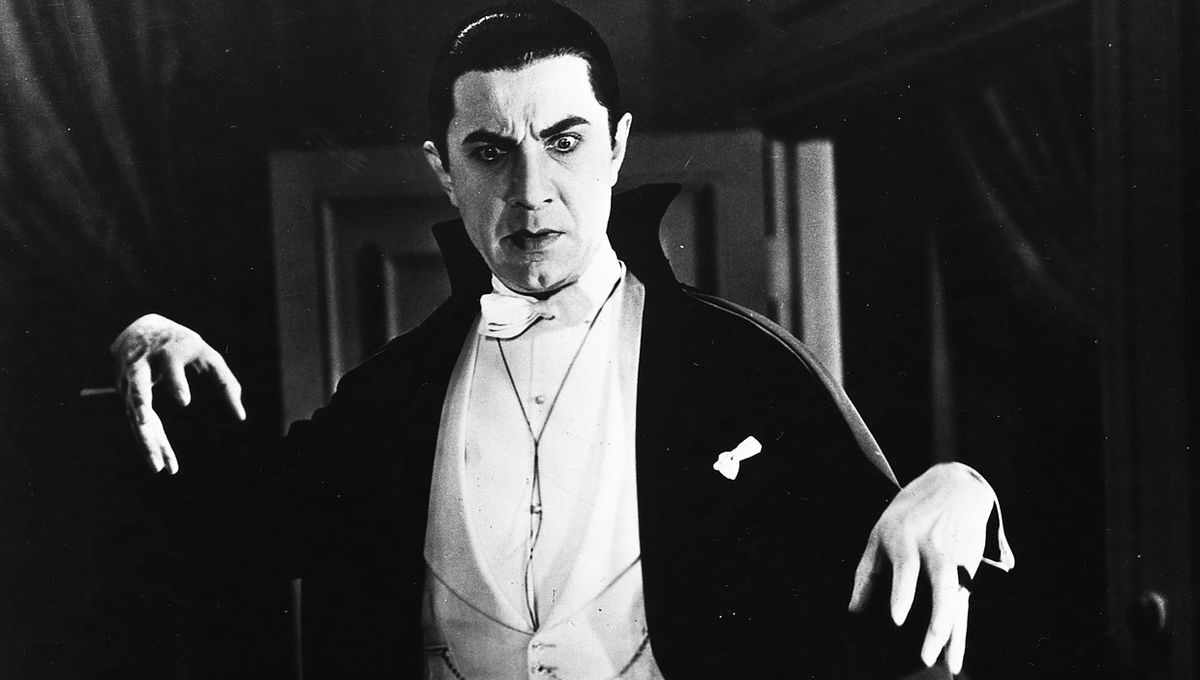Utah book banners have now set their sights on Little Free Libraries, clamoring to make owners of these libraries susceptible to criminal charges.
As conservative parents, educators, and politicians spread the book-banning movement across the nation, Utah has quickly arisen as one of the most dystopian states when it comes to the right to read. The state recently passed a law that allows it to enact statewide book bans. Essentially, if a handful of schools find some kind of fault with a book, it can be banned in every single public and charter school in the state. The Utah Board of Education also suggested adding a stipulation to the law that would’ve required teachers to burn the books banned statewide. Meanwhile, the state’s conservative politicians and educators recently held a book-banning party to celebrate the archaic law and demand that authors “repent” for writing books.
As a result, the fact that they’re now targeting Little Free Libraries is hardly surprising. If there’s one thing book banners have proven time and time again, it’s that they never stop. Most book banners likely have no intention of stopping unless they successfully ban and destroy every book they dislike nationwide. First, they claimed they just wanted to take “inappropriate” books from schools and classrooms, but then they started targeting public libraries. Then, they began targeting book fairs and book awards and even went after Girl Scouts’ projects. Their next step is preventing citizens from exchanging books and maintaining Little Free Libraries on their private property.
Conservatives target Little Free Libraries
For those unfamiliar with Little Free Library, it’s a nonprofit organization that encourages and supports individuals creating a small library for their neighborhood and community. It helps people become “stewards” or caretakers of little libraries that are installed on privately owned property or the property of local businesses. Caretakers put the libraries in a visible spot and ensure they are kept clean and organized. For the most part, though, they simply step back and allow the library to grow as neighbors and community members take and add books freely to it.
The Little Free Library is an innovative way to reduce obstacles to accessing books. Not everyone has the privilege of living near or being able to secure transportation to a library, so the Little Free Library brings the library right to their neighborhood. It has also become a wonderful way to combat book bans, as one doesn’t need to register for a library card to take books, and these libraries are free from all the vetting, policing, and complaints that public libraries and schools face. Unfortunately, book-banning activists have begun to take note that these libraries operate outside their archaic book-banning legislation.
Conservatives were outraged when Democratic State Representative Sahara Hayes celebrated Banned Books Week by placing Utah’s banned books in Little Free Libraries around the state. A book-banning group on Facebook quickly shared a video of Hayes distributing the books. Member Brooke Stephens made a post stirring hysteria by claiming Hayes was putting “explicit books” in Little Free Libraries “where little kids have direct access to them.” In a separate post, Stephens insisted that book-banning laws should now apply to Little Free Library owners, stating, “Private property doesn’t mean you don’t need to follow the law.” She wants putting books in Little Free Libraries to be considered equivalent to distributing pornography or obscene material to children.
It remains to be seen if any action against Hayes is taken. However, Stephens’ proposal that Little Free Libraries be included in book-banning laws is quite terrifying. These Little Free Libraries are not directly aimed at children. So, making Little Free Library owners and users liable to criminal charges suggests that it’s a crime to so much as put certain books within the reach of children. Such an extreme interpretation of the law would have wide-reaching consequences for all bookstores, parents, and adults in general. After all, what’s the difference between someone putting a book in a Little Free Library that a child might hypothetically access and a parent having a book in their home that their child could access? Where does it end, aside from wholly prohibiting citizens from distributing and owning books privately because a child might read them?
Not only is it a slippery slope to go down legally, but Utah’s attack on Little Free Libraries also raises safety concerns for the owners of these libraries. In the Facebook group, book banners shared maps highlighting the locations of all these libraries, many of which are on private property. Some commenters were already sharing their intent to go through these Little Free Libraries and “get rid” of any books in them that they don’t like. There are concerns that some will go further, though, as book banners have been known to make death threats against school officials and bomb threats to elementary schools over books. It’s very frightening that these unhinged and hysterical individuals can easily find these libraries and their owners’ homes, raising the fear of vandalism or physical attacks.
Little Free Libraries were such a beautiful concept, but now there are concerns that some in Utah will be raided, emptied, and destroyed for their communities, and conservatives will attempt to use them to install even more archaic laws to control what books citizens read and distribute in their private lives.









Published: Oct 4, 2024 04:10 pm